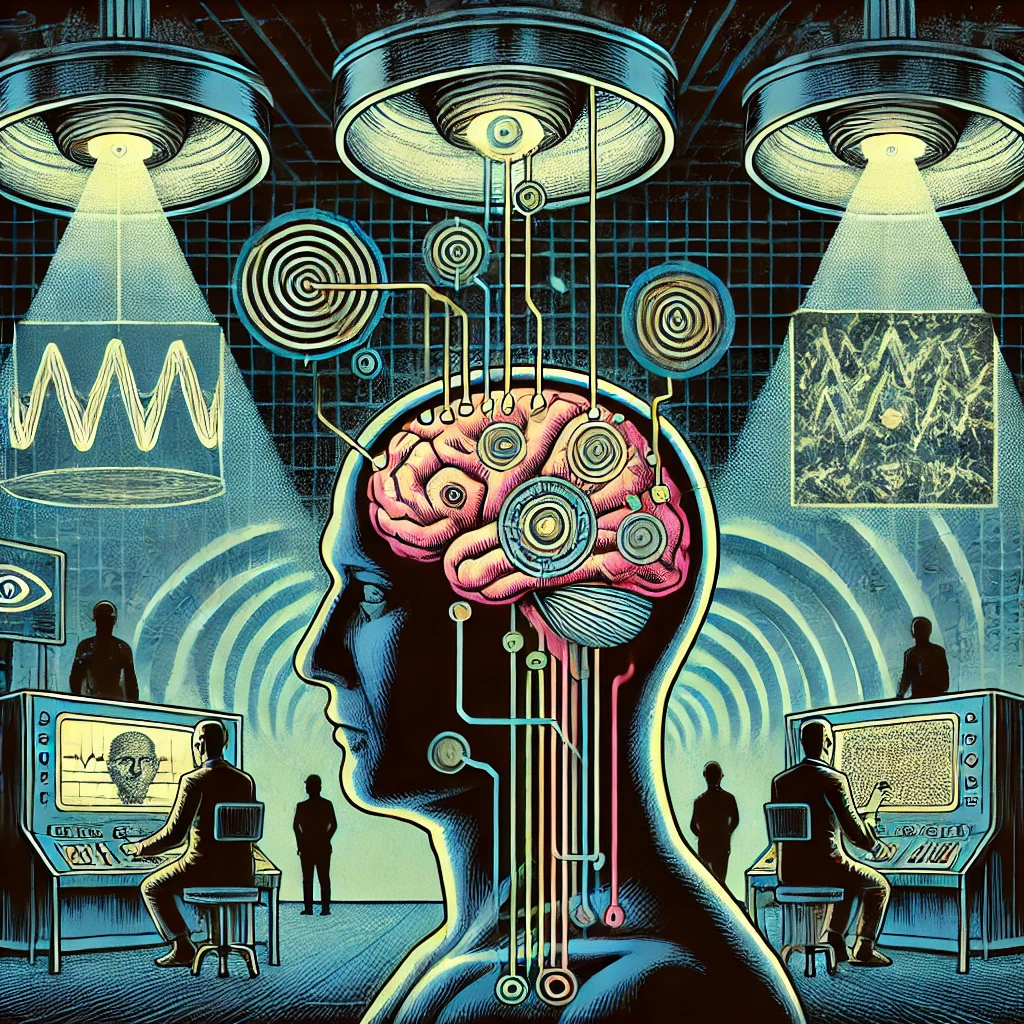The Brain a Secret History Mind Control
“The Brain, a Secret History” is a book written by British journalist and author Ian Sample. The book explores the history of neuroscience, psychology, and the study of the human brain, focusing on key discoveries, breakthroughs, and controversies throughout history.
While “The Brain, a Secret History” covers a wide range of topics related to brain science, it may touch upon the subject of mind control in the context of historical and contemporary research on psychological manipulation, behavior modification, and the ethics of experimentation on human subjects.
In particular, the book may examine:
1. Historical cases of mind control: “The Brain, a Secret History” may explore historical examples of mind control experiments and programs conducted by governments, intelligence agencies, and research institutions. This could include projects such as MKUltra in the United States or similar programs in other countries, which aimed to explore techniques for influencing and controlling human behavior.
2. Ethical considerations: The book may delve into the ethical dilemmas raised by mind control research, including questions about informed consent, human rights, and the potential for abuse and exploitation. It may discuss controversies surrounding experiments involving drugs, hypnosis, sensory deprivation, and other methods of psychological manipulation.
3. Modern perspectives on mind control: “The Brain, a Secret History” may also examine contemporary research and debates in the field of neuroscience and psychology related to the study of consciousness, free will, and the limits of human agency. It may explore how advances in brain imaging technology and our understanding of neural processes have shaped our understanding of mind control and its implications for society.
Overall, “The Brain, a Secret History” provides a comprehensive overview of the history and science of the human brain, touching upon topics such as mind control as part of its exploration of the complexities of human cognition and behavior. As with any book on controversial topics, readers should approach the material critically and consider multiple perspectives to gain a well-rounded understanding of the subject matter.
